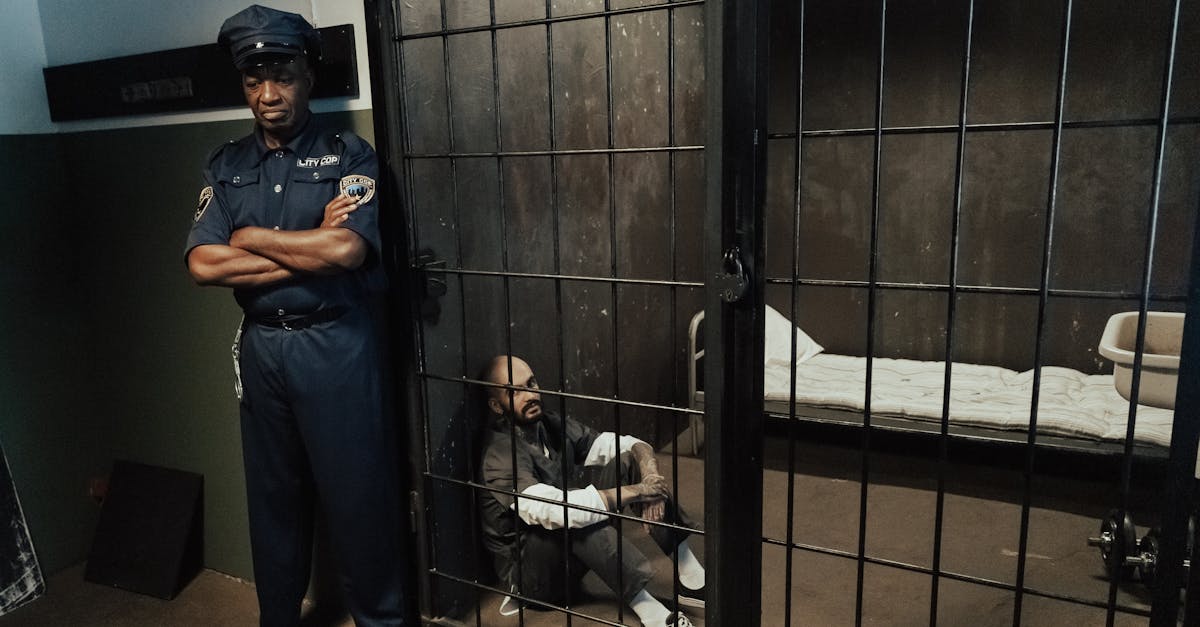Published on:
8 min read
Unraveling the Complexities of Criminal Justice: A Deep Dive
This blog post explores the intricate and multifaceted criminal justice system, its evolution over time, and the pressing challenges it faces today. We aim to uncover the trends shaping criminal justice and propose innovative solutions to promote reform.

The Evolution of Criminal Justice: A Historical Perspective
The criminal justice system has evolved significantly from its early days expressed through retribution and community-based punishment. Over time, it transitioned to a more structured form of law enforcement, incorporating principles such as due process and rehabilitation. The industrial revolution played a critical role, as urbanization led to increased crime rates and prompted the establishment of professional police forces. The impact of landmark decisions, such as Miranda v. Arizona, has further shaped modern criminal justice, ensuring protection for the accused while enforcing accountability in law enforcement. Understanding this historical context is crucial for addressing today's challenges and guiding reforms to create a more just system.
Current Trends: The Impact of Technology on Criminal Justice
Technology has increasingly influenced the criminal justice system, from data analysis and surveillance to digital forensics. Tools like predictive policing software aim to anticipate crime hotspots, yet the ethical implications raise concerns about privacy and bias. Additionally, advancements in forensic science have revolutionized investigations, providing law enforcement with unprecedented ways to solve crimes. However, challenges remain as jurisdictions struggle to balance technological innovations with traditional methodologies. Training and professional development are essential for law enforcement to stay updated on these tools. By embracing technology responsibly, the justice system can enhance its effectiveness while ensuring fair treatment for all individuals involved.
Exploring Criminal Justice Reform: Challenges and Solutions
Reform efforts in the criminal justice system face numerous challenges, including systemic racism, largely overcrowded prisons, and sentencing policies that disproportionately affect marginalized communities. Yet, discussions around reform have gained momentum, advocating for alternatives to incarceration, such as rehabilitation programs and restorative justice practices. Innovative solutions have emerged, promoting community-based interventions, mental health resources, and the decriminalization of minor offenses. Successful reform requires collaborative efforts from policymakers, law enforcement, and community advocates. By prioritizing equity and rehabilitation over punishment, we can foster a more resilient justice system that heals rather than harms.
Conclusion: Towards a Just Future
The complexities of the criminal justice system require a thoughtful and multifaceted approach to reform. By understanding its historical context, embracing technological advancements responsibly, and advocating for equitable solutions, we can move towards a just and compassionate future. It's imperative for all societal stakeholders to engage in this dialogue, as the health of our criminal justice system ultimately reflects our commitment to justice and equality for all.
Published on .
Share now!










